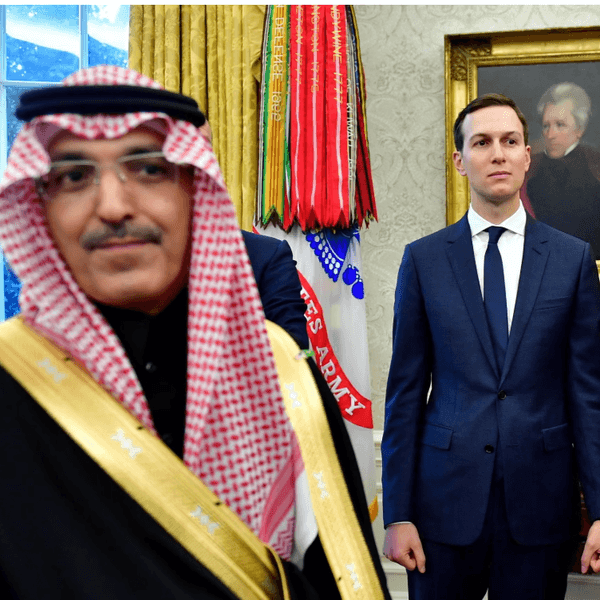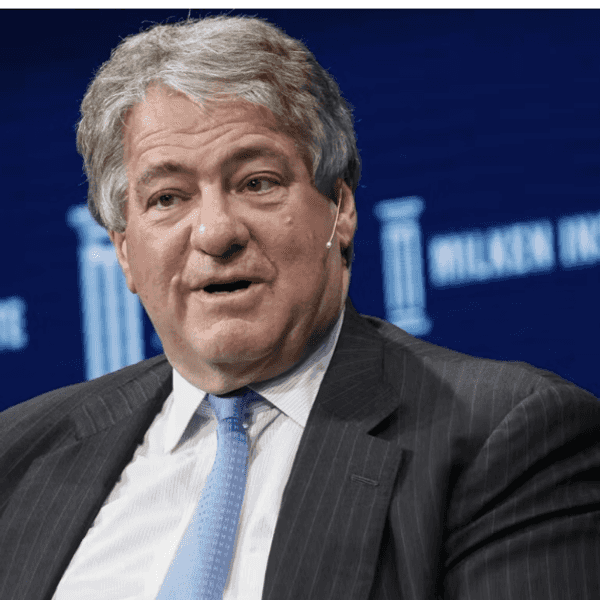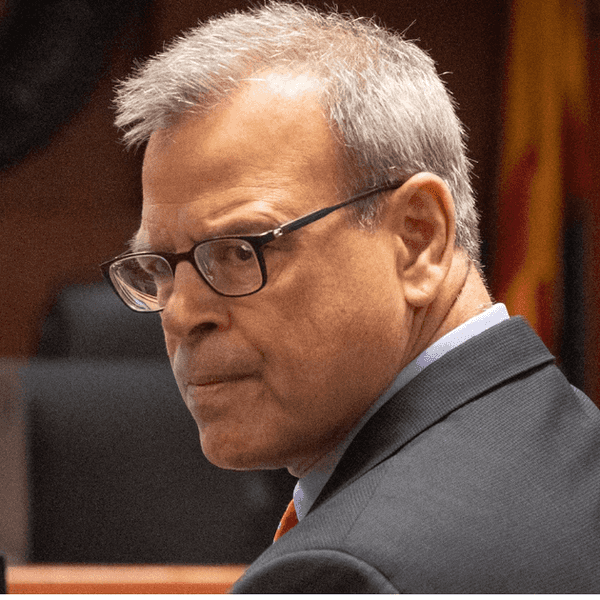Venezuela Opposition Leaders Call For U.S. Sanctions Amid Simmering Political, Economic Crises

By Jim Wyss, The Miami Herald
BOGOTA, Colombia — The United States has a moral “obligation” to impose sanctions against Venezuelan leaders accused of violating human rights and other crimes, opposition figures said Friday.
During a forum in Doral, Fla., about the future of the South American nation hosted by El Nuevo Herald and the Association of Venezuelan Journalists Abroad, government critics said a sanctions bill that passed the House in May is necessary to ratchet up pressure against the Nicolas Maduro administration that is straining beneath one of the worst political and economic crises in decades.
“The United States, which has been a promoter of international conventions,” against financial crimes and human rights violations “has the obligation to be coherent and defend them,” said Beatrice Rangel, a former Cabinet minister during the Carlos Andres Perez administration and the executive director of ALMA consulting.
Horacio Medina, the head of the Miami branch of the opposition coalition known as the MUD, went further, saying the U.S. government hasn’t had a coherent policy toward Latin America since the Alliance for Progress under the John F. Kennedy administration.
“Regardless of whether you agree with the targeted sanctions that are being considered, the only thing I would ask the government is that ‘For the love of God, sit down and design a policy for Latin America,'” he said to applause from the audience.
The debate comes as some are asking the United States to take a stronger stance against Venezuela amid student protest that began in February and led to at least 42 deaths, mass arrests, and the detention of key political figures.
The House of Representatives passed a bill in May targeting individuals who committed or ordered violence, human rights violations, or illicit arrests and prosecutions during the protests. The bill also targets those who knowingly “assisted, sponsored, or provided significant financial, material, or technological support” in the commission of the violence and arrests. Punishment would include blocking assets in the United States and denying or revoking visas.
The White House and State Department contend the sanctions are premature and play into Maduro’s hand — allowing him to blame the country’s troubles on the U.S. rather than his own failed policies.
Earlier this month, however, Senate Majority Leader Harry Reid told members of the Latino community that he backs the bill, raising hopes that it may become law.
Friday’s debate also comes as Venezuela’s opposition remains deeply divided and has been unable to translate its passion on the street to victory at the polls.
Among the participants at Friday’s forum was Carlos Vecchio, the national coordinator of the Voluntad Popular political party, who is facing criminal charges for his role in the February demonstrations. His party’s leader, Leopoldo Lopez, has been jailed for five months awaiting trial on similar charges. On Friday, his wife and family said the government is denying them their constitutional right to visit him.
Vecchio insisted that the opposition needs to work with “pro-democracy” factions within the ruling party to find a constitutional way out of the crisis before the next presidential election in 2019.
“This fight is not between the people,” he said. “The fight in Venezuela is between the people who are suffering — both government supporters and the opposition — and the corrupt elite who are in power, they’re practically a kleptocracy.”
What began as student protests over soaring violence and a faltering economy — featuring the hemisphere’s highest inflation and sporadic shortages of basic goods — turned into national demonstrations that paralyzed large swaths of the country.
The protests have largely died down but the political fallout continues. Maduro and others have said the protests were cover for a U.S.-backed coup attempt and have accused several prominent opposition figures of plotting assassination.
AFP Photo/Leo Ramirez
Interested in world news? Sign up for our daily email newsletter!








